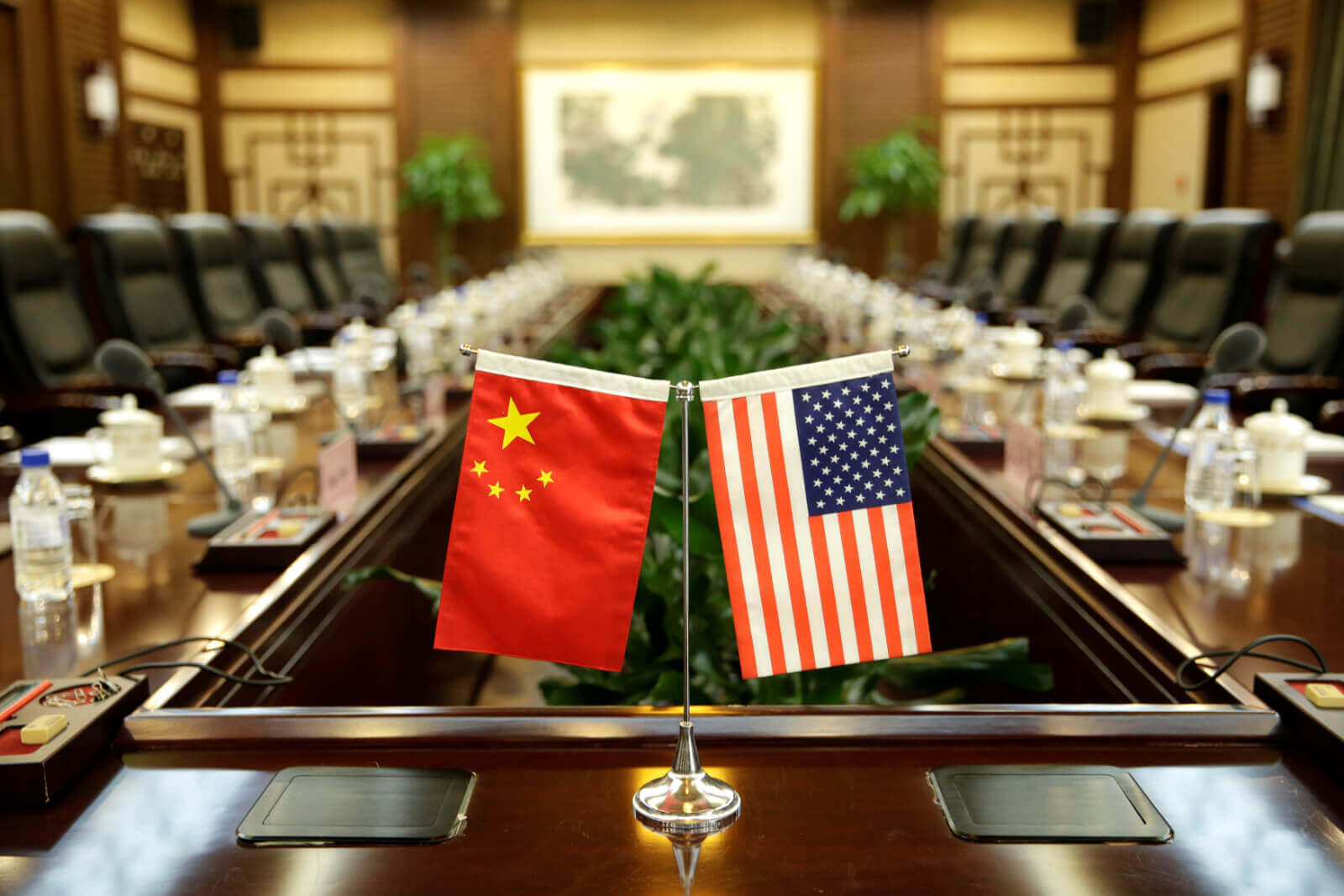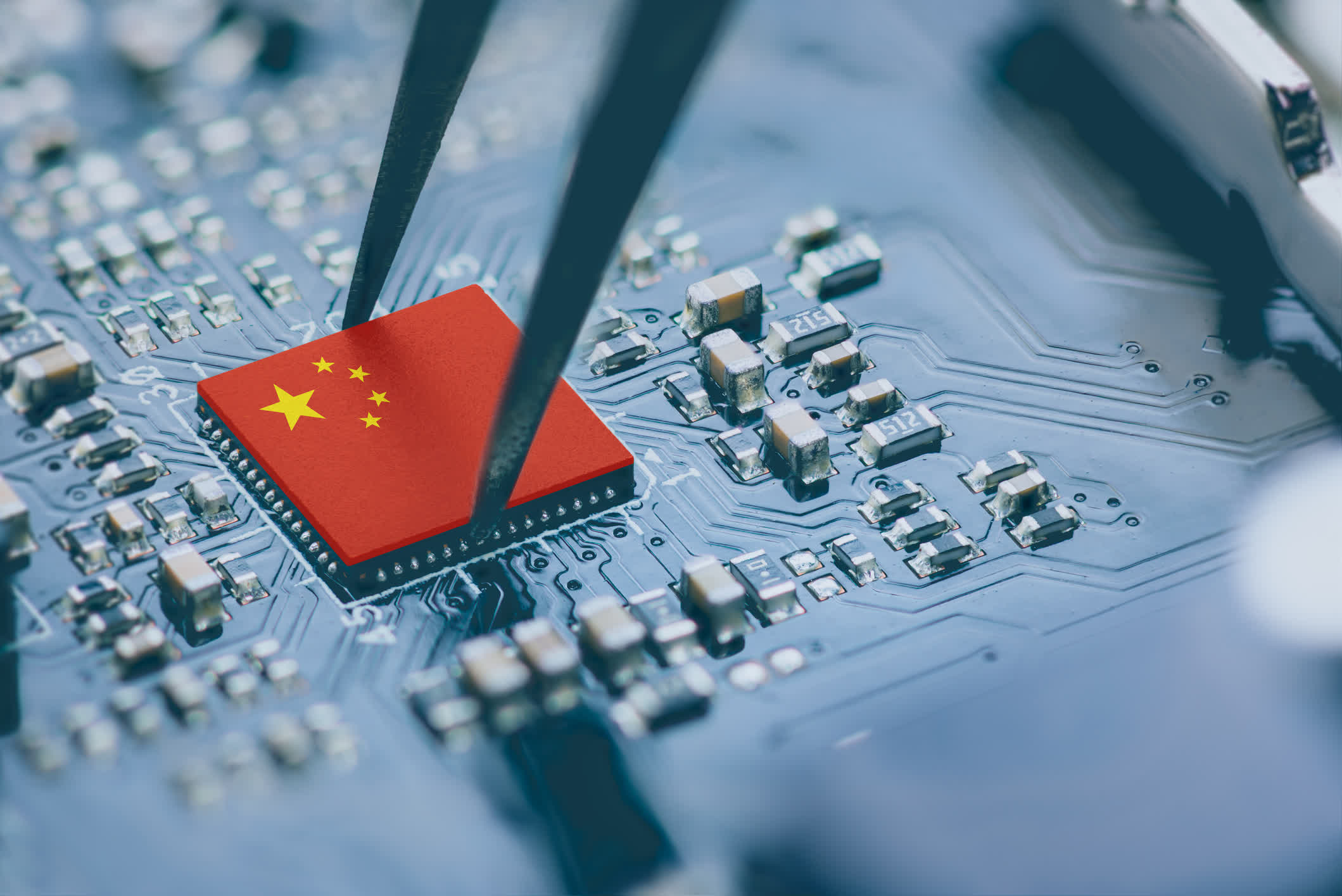Why it matters: The CHIPs Act and other US sanctions designed to restrict domestic Chinese semiconductor development have complicated business for companies that already have operations in mainland China. New reports indicate the US government is beginning to concede that decoupling tech industries from China is easier said than done.
According to the Wall Street Journal, a US Commerce Department official recently said the government will continue allowing certain chip makers to expand their operations in China. The act could weaken US efforts to restrain its economic rival's growth in the chip industry.
Over the last year or so, US sanctions have curbed the export of essential semiconductor manufacturing tools to China to stop the country from becoming dominant in that sector. The US also convinced the Netherlands and Japan to follow its lead. This has had measurably damaging effects on Chinese tech revenue and the pace of semiconductor development in Chinese fabs.
Perhaps the most significant move from the US is the CHIPS Act, which it passed last year to increase funding for American chipmaking efforts. The financial backing the legislation promises is attractive to chip industry leaders like Samsung and TSMC but comes with conditions limiting their investments in China – a lucrative and growing tech market. Last month, the CEO of Nvidia said the sanctions have indirectly harmed American companies that partially rely on Chinese consumers.

Such market realities likely pushed the US to grant certain companies like Samsung and TSMC temporary exemptions from the CHIPS Act's requirements. The US can't ignore those dominant industry players, and they've already spent billions on Chinese plants. The exemptions were planned to last until October, but attendees of an industry event last week told WSJ that Alan Estevez, undersecretary of commerce for industry and security, announced their indefinite extension.
Unsurprisingly, China has harshly criticized the CHIPs Act and sanctions, calling them outdated Cold War mentality, and accusing the US of disrupting the global tech supply chain. Many believe that China's ban on chips from American company Micron is a retaliatory response.
Chinese media also expressed dissatisfaction with TSMC's deal to build a fab in Arizona, which will start manufacturing 4nm chips in 2024. However, expenses may cause the company to charge more for chips from that factory, and the company's notorious work culture is making hiring in Arizona difficult, with some suggesting a culture clash between the Taiwanese company and American workers.
